Pest control services are vital for mitigating risks posed by various pests, from structural damage and contamination to disease transmission and health issues. Professionals employ eco-friendly treatments, advanced techniques, and preventive measures to address infestations effectively. Early identification through regular inspections is key, as is choosing a reputable company with certified experts using safe methods like Integrated Pest Management (IPM). These services offer tailored solutions, minimizing environmental impact while preventing future infestations through comprehensive preventative measures.
In the face of persistent pest problems, understanding and addressing them effectively is crucial. This article explores professional pest services, a vital solution for maintaining a secure and healthy environment. We delve into common pests, their impacts, and the essential role professionals play in eradication. Learn about early infestation signs, safe control methods, targeted treatments, preventative measures, and how to choose the right pest control company. By dispelling misconceptions, this guide empowers you with knowledge for effective, lasting pest management.
Understanding Common Pests and Their Impact
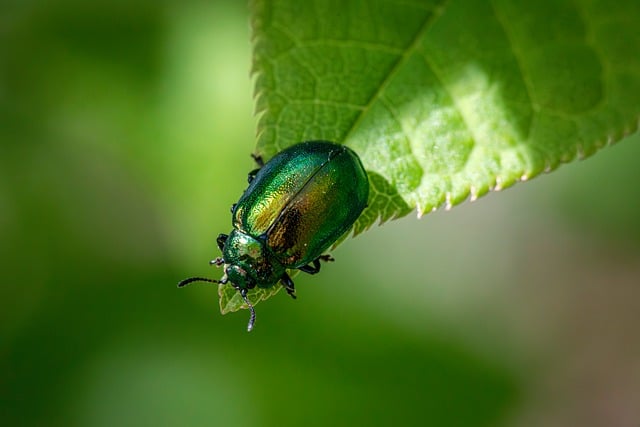
Pests are more than just a nuisance; they can cause significant damage to properties and pose health risks. Understanding common pests and their impact is crucial when considering pest control services. Termites, for instance, can quietly chew through wooden structures, leading to costly repairs or even structural instability. Similarly, rodents like mice and rats not only contaminate food sources but also carry diseases that can be transmitted to humans.
Insects such as ants, cockroaches, and mosquitoes are not just irritants; they can trigger allergies and asthma in susceptible individuals. Regular pest control services employ specialized treatments and preventive measures to address these issues effectively. By identifying the specific pests infesting a property, professionals use eco-friendly methods tailored to minimize environmental impact while offering long-lasting solutions, ensuring a safer, healthier living or working environment.
The Role of Professional Pest Services

Professional pest services play a vital role in maintaining healthy and safe living and working environments. With expertise in pest control, these professionals are equipped to handle a wide range of insect, rodent, and other pest infestations that can pose significant risks to human health and property damage. They employ advanced techniques and eco-friendly solutions to eradicate pests effectively while minimizing the impact on the environment.
Moreover, regular inspections and prevention strategies form a crucial part of their service offerings. By identifying potential entry points and risk areas, professional pest control services can proactively deter pests from infesting homes or businesses. This proactive approach not only saves time and money in the long run but also contributes to maintaining a hygienic and comfortable living space for folks.
Identifying Signs of Infestation Early
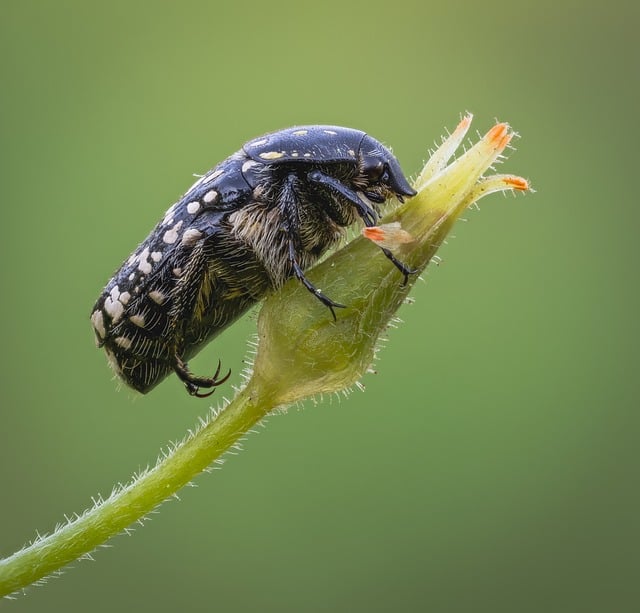
Early identification of pest infestation is a key aspect of effective pest control. Many pests, such as termites or rodents, can cause significant damage if left unnoticed. Professional pest services recommend regular inspections to detect signs early on. These may include unusual noises from walls or floors, visible holes in wood, or the presence of faeces and eggshells.
By addressing an infestation promptly, homeowners can prevent extensive damage and costly repairs. Professional pest controllers are equipped with advanced tools and knowledge to identify subtle indicators that might be missed by untrained eyes. They can then implement tailored solutions to eliminate existing pests and deter future invasions, ensuring a safe and comfortable living environment.
Safe and Effective Pest Control Methods

Pest control services have evolved to offer safe and effective solutions, prioritizing both human health and environmental sustainability. Modern pest management involves a multi-pronged approach, combining scientific knowledge with eco-friendly products. Trained professionals employ integrated pest management (IPM) strategies, which focus on preventing and minimizing pest damage through a combination of biological, cultural, mechanical, and chemical methods.
Biological controls involve introducing natural enemies like predators or parasites to target specific pests. Cultural practices, such as proper sanitation and plant selection, can deter pests naturally. Mechanical methods include physical removal or traps, while targeted chemical applications ensure minimal impact on non-target organisms and the environment. This comprehensive approach ensures effective pest control while maintaining a safe and balanced ecosystem.
Targeted Treatments for Specific Pests
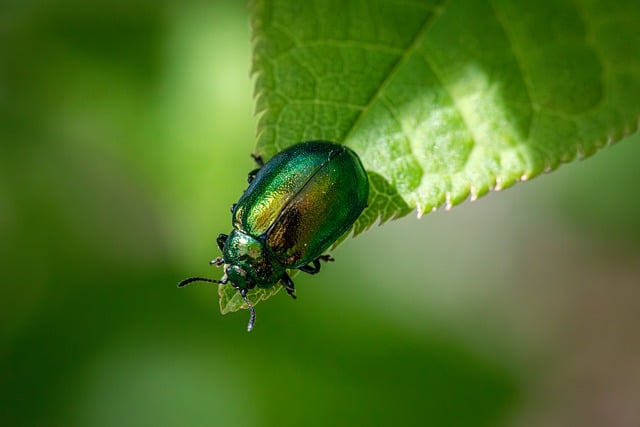
When it comes to pest control, one-size-fits-all treatments are rarely effective. That’s why professional services offer targeted approaches for specific pests. By understanding the unique behaviors and habitats of various insects and rodents, experts can deploy tailored strategies that ensure optimal results while minimizing environmental impact.
For instance, treating bed bugs requires a different approach than dealing with termites or ants. Professional pest services employ specialized equipment, chemicals, and methods to address these issues precisely. This targeted approach not only eliminates existing infestations but also helps prevent future problems by sealing entry points and offering preventive measures tailored to each client’s specific needs.
Preventative Measures for Long-Term Protection

Pest control isn’t just about eliminating existing infestations; it’s also about preventing future ones. Professional pest services offer a range of preventative measures designed to provide long-term protection for homes and businesses. This includes regular inspections to identify potential entry points, such as cracks or gaps in walls, windows, and doors. By sealing these areas, pests like rodents, insects, and termites are less likely to find their way inside.
Additionally, professional services may employ a combination of physical barriers, like screens and traps, alongside chemical treatments that target specific pests at different stages of their life cycles. Regular maintenance and cleaning protocols, including the proper disposal of waste and food sources, also play a crucial role in preventing pest infestations. These measures not only protect against current pest issues but also ensure a more durable and effective solution for the long haul.
Choosing the Right Pest Control Company
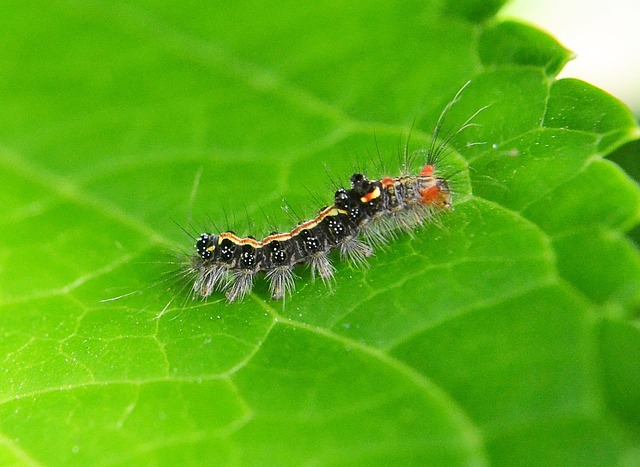
Choosing the right pest control company is an essential step in ensuring effective and safe treatment for your home or business. It’s crucial to research and select a reputable firm with certified professionals who employ eco-friendly methods, if possible. Many modern pest control services offer both traditional chemical solutions and organic alternatives, catering to diverse preferences and needs.
When evaluating options, consider factors like experience, licensing, customer reviews, and warranties. Reputable companies will provide detailed information about their products and processes, assuring transparency. They should also be insured, demonstrating financial responsibility for any potential damages during treatment. Additionally, inquiring about guarantees can offer peace of mind and ensure you receive the best possible service.
Common Misconceptions About Pest Control
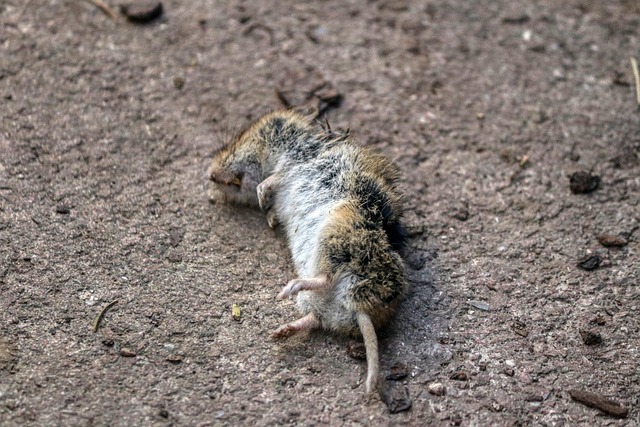
Many people hold several misconceptions about pest control, often stemming from a lack of understanding or misinformation. One common myth is that pest control treatments are harmful and toxic to both humans and pets. While it’s true that some pesticides can be hazardous if misused, modern pest control services employ a range of safe and eco-friendly methods. Today, many professional pest control operators use integrated pest management (IPM) strategies, which focus on preventing and controlling pests through non-chemical methods like sanitation, exclusion, and biological controls.
Another misconception is that having a few pests around is harmless or even beneficial. While it’s true that some insects play vital roles in ecosystems, an undetected pest infestation can quickly spiral out of control, causing significant damage to structures, crops, and health. Professional pest control services are equipped to identify subtle signs of an infestation and implement targeted treatments, minimizing risks while effectively eliminating pests.
